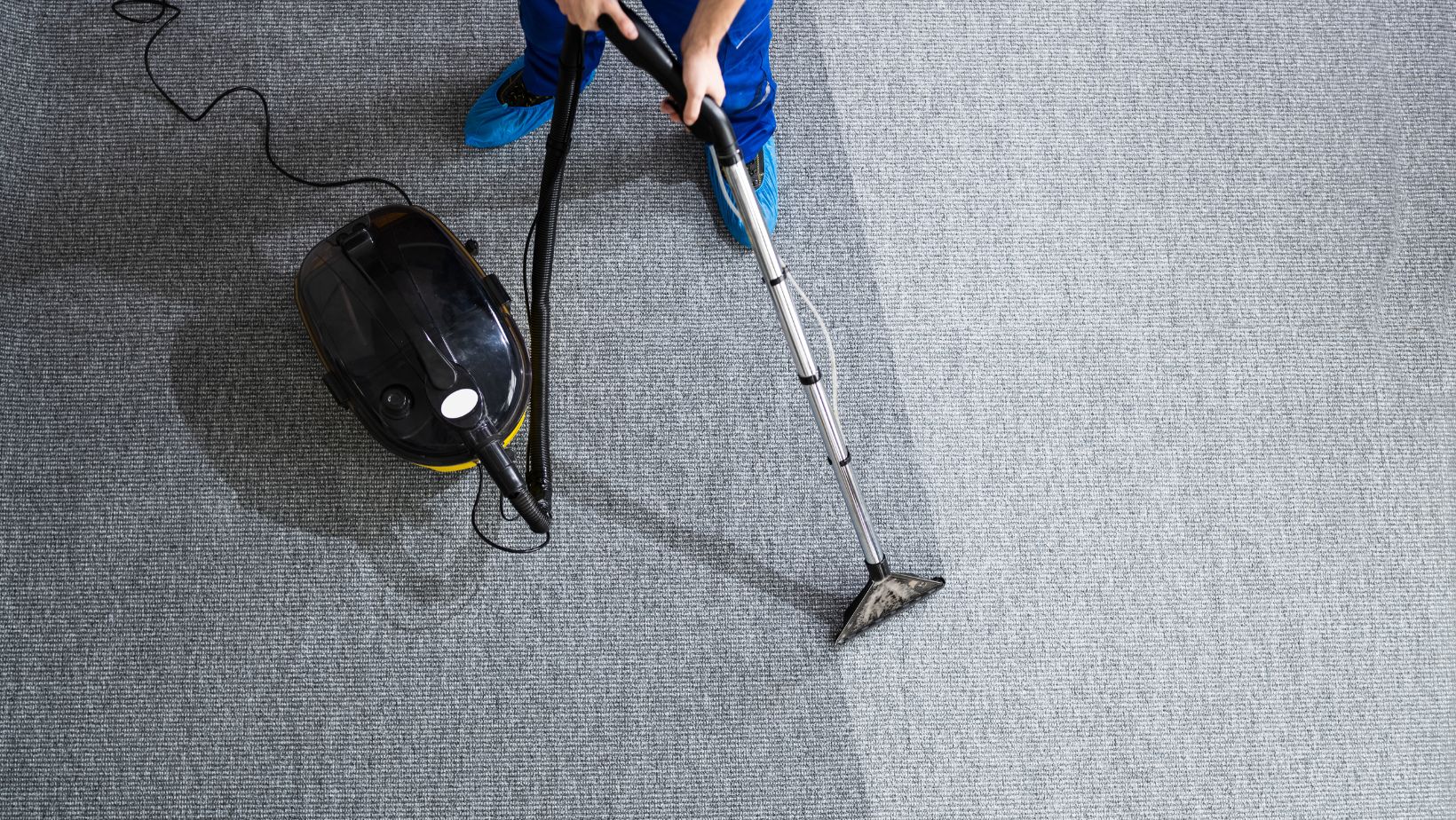What does a vacuum leak sound like? If you’ve ever wondered about this, you’re not alone. A vacuum leak can cause various symptoms in your vehicle, and being able to identify the telltale signs is essential for proper maintenance. In this article, I’ll walk you through the common sounds associated with a vacuum leak and provide tips on how to recognize them.
When it comes to identifying a vacuum leak, listening closely to your engine’s noises can be key. One of the most distinct sounds of a vacuum leak is a hissing or whistling noise. This noise typically occurs when air enters the system through an unintended opening or crack. It’s important to note that this sound may vary depending on the severity and location of the leak.
Another potential sound indicating a vacuum leak is an irregular or rough idle. If your engine seems to be struggling at idle or fluctuates in RPMs without any input from you, it could be due to a vacuum leak disrupting the air-fuel mixture. Pay attention to any unusual engine behavior as it may provide valuable clues about potential leaks.
Contents
Table of Contents
ToggleWhat Does a Vacuum Leak Sound Like
Sputtering Engine: A Possible Sign of a Vacuum Leak
One common symptom of a vacuum leak is a sputtering engine. When there’s a leak in the vacuum system, it can disrupt the air-to-fuel ratio required for proper combustion. As a result, the engine may misfire or hesitate during acceleration, causing it to sputter. This can be particularly noticeable when you press down on the gas pedal or try to maintain a consistent speed. If you experience frequent sputtering, especially under load, it could indicate the presence of a vacuum leak that needs attention.
Rough Idling: Indicative of a Vacuum Leak
Another telltale sign of a vacuum leak is rough idling. When there’s an imbalance in the air and fuel mixture due to a leak in the vacuum system, it can cause the engine to idle unevenly or erratically. You might notice that your vehicle shakes or vibrates more than usual when at rest, such as at traffic lights or when parked. In some cases, this rough idling may even be accompanied by stalling or difficulty starting the engine. So if you find yourself experiencing these symptoms consistently, it’s worth investigating whether there could be a vacuum leak causing these issues.

High Idle or Fluctuating RPMs
Vacuum Leaks and Fluctuating RPMs
When it comes to identifying vacuum leaks in your vehicle, one of the telltale signs is a high idle or fluctuating RPMs. A vacuum leak occurs when there is an unintended gap or crack in the intake manifold, hoses, or other components that are responsible for maintaining proper vacuum pressure. This can result in air entering the engine without being measured by the mass airflow sensor, leading to an imbalance in fuel-to-air ratio.
A common consequence of a vacuum leak is noticeable changes in engine speed while at idle. You might notice that your engine revs higher than usual when you start your car or that it constantly fluctuates between different RPM levels. These irregular fluctuations can be a clear indication that there is an issue with the vacuum system.
Causes of High Idle or Fluctuating RPMs
There are several potential causes for a high idle or fluctuating RPMs due to a vacuum leak. Some common culprits include:
- Intake manifold gasket failure: Over time, the gasket that seals the intake manifold to the engine block can deteriorate and develop gaps, allowing air to escape.
- Damaged hoses: Cracked or disconnected hoses within the vacuum system can disrupt proper airflow and contribute to fluctuations in engine speed.
- Faulty throttle body: If the throttle body fails to close properly due to wear and tear or carbon buildup, it can lead to increased idle speed and erratic RPM behavior.
Identifying these underlying issues requires careful inspection and diagnostic tools, so it’s often best left to professional mechanics who have expertise in diagnosing and repairing vacuum leaks.

